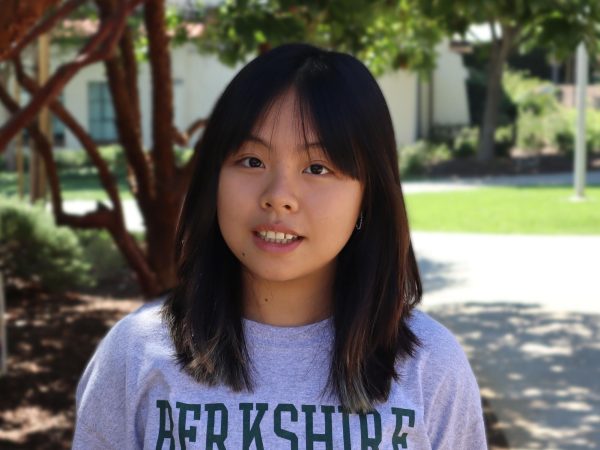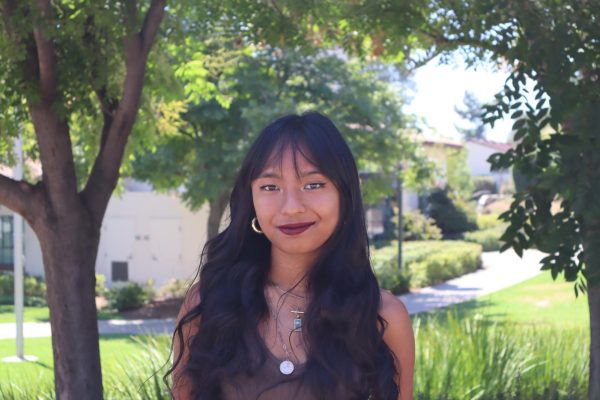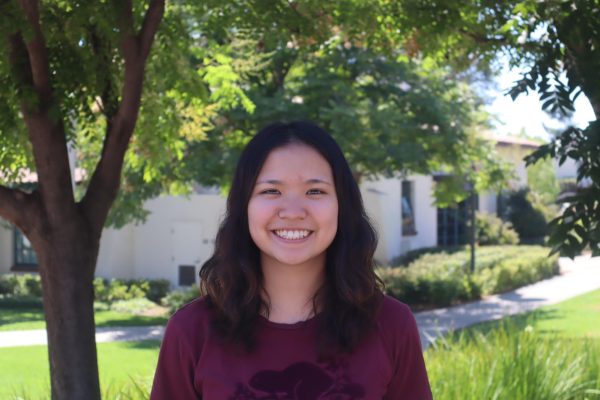“We do not need permission,” said Tim Rosenwong, one of this year’s AsEA Conference co-hosts. “We do not need permission to belong, to lead, to be political, or to be Asian.”
As a group of 7 Webb students arrived, the theatre was filled with enthusiastic spirit and BTS songs playing in the background. Right away, we had a sense that this conference would allow us to challenge ideas, lean into discomfort, and rock the boat.
On April 15th, the Asian Educator Alliance Conference (AsEA) was hosted at St. Margaret’s Episcopal School in San Juan Capistrano. This year’s conference was the second-ever in-person conference, so many students, educators and teachers were eager to dissect and discuss Asian identity and issues. There were about 70 students and 100 educators in attendance, all standing in solidarity with schools across the nation. The Webb students who attended were Yvette Shu (‘23), Izzy Kim (‘24), Jenny Tran (‘24), Leia Albornoz (‘25), Stephanie Ma (‘25), Hanbo Xu (‘25) and Michael Albornoz (‘26). The only faculty member who attended was John Choi, Director of Equity.
With the theme of “Making Waves and Rocking the Boat,” participants were constantly reminded that as a person of color (POC), they should not be suppressed by any power, such as white supremacy, to thrive as a person, and do not need permission to create waves and be loud. Student workshops led by facilitators and educators including Reanne Young, Asoka Kurosaka-Jost, and Nishat Alikhan, discussed making waves as an Asian in America, dismantling Asian stereotypes in media, and encouraging students to make change in their institutions.
“My biggest takeaway from the conference was it is important that I had been more involved in DEI, especially for my fellow freshman and future underclassmen,” Michael Albornoz (‘26) said. “The conference made me realize that I need to inspire people to care and be willing to learn about Asian issues.”
About 70 students from schools across the country worked in workshops for both days, engaging in conversations about what change they wanted to see in their schools. Facilitators led with information about Asian issues and left room for discussion. It was clear from the amount of participation and general support that all the students present were willing to learn, a phenonium that we would like to see here at Webb.
“It was nice to be with a group of seventy people who led and had discussions with intention because there is definitely a lack of that in Webb,” Izzy Kim (‘24) said. “This felt like a really intimate place of belonging. Everyone was really welcoming and open and that’s something that I had not initially expected.”
Ultimately, student workshops helped produce three presentations with topics created by the students themselves: inter-affinity solidarity, all AAPI visibility, and the difference between tolerance and celebration. These presentations included activities and stories from the students, aiming to connect with the educators and what they can do to help in their institutions. Students got to choose which presentation they wanted to work on, showcasing the importance of both educator and student input.
“Throughout the conference, there were not just simple info sessions. The [student] presentations had a lot of hard-hitting questions and uncomfortableness as well as a lot of love,” said Jordan Rios, class of 2024 at Athenian High School in Danville, CA.
Ater the initial student and educator workshops, the two-day conference closed with a keynote speaker. The first day’s keynote speaker was Phil Yu, the author of “Rise: A Pop History of Asian Americans from the Nineties to Now” and the creator of “Angry Asian Man,” an Asian internet blog.
The second day’s keynote speaker was Liza Talusan, the author of the book “The Identity Conscious Educator.”
“I think her [Dr. Talusan] presentation was especially good; I got a lot of from it,” said Hanbo Xu (‘25). Dr. Talusan showed all the conference attendees’ tools and ways to create identity conscious leaderships practices. “Something she said that really hit me was when she mentioned that DEI educators are being paid to do something that their superiors do not want them to do.”
Understanding that justice work is conflict work –– like what Dr. Talusan repeatedly mentioned in her speech –– we, DEI advocates, were put in the uncomfortable spot that the admin of a predominantly white institution do not want to be at as it exposes the white supremacy that is imbedded in the system. No matter what inclusive representation is presented verbally and visibly, there is a certain extent to their willingness to sacrifice for justice. What have we done, and what could be done?
“At my school, I believe we can have these conversations, but it takes a lot to get the ball rolling,” said Callie Lewis, class of 2023 at University School of Nashville. “Administration doesn’t necessarily ignore us, but we’ve been put on the back burner for far longer than I would like. While I’m graduating this year, I want the people in the grades below me to feel empowered enough to stand their ground against any dismissal of our issues.”
During the conference, there were multiple questions that provoked us to think about the overall picture of DEI within our community regarding other BIPOC groups.
Are you an active ally? Do you treat people differently based on their race? Do Asians have it better?
These questions came up during the student presentation where volunteers stepped into the agree-disagree spectrum according to their opinion about different prompts that were inspired by Jubilee spectrum videos. At the end, the spectrum was filled with diverse answers and beliefs that encouraged each attendee to think about their own experience as an Asian American and their awareness of other minority groups.
“If we are separated and keep to ourselves, how can we foster a sense of empathy and community?” said Callie,a member of the group that organized the agree-disagree spectrum. “In the “real world,” that’s what politicians want, right? To keep us at each others’ throats so we forget why we’re angry in the first place. If affinity groups can break that nasty cycle and come together to support one another, it will show how powerful we are as people and a community.”
Fostering the sense of community and our shared identity as Asian Americans, educators and students strengthened the bonds between each other despite the short period of time, for we learnt a lot through each other’s experience. Especially during the stand-up-if exercise that the students did on the first day of the conference, when we stepped into the circle based on the form that was anonymously filled out by a student in the room, reality hit us.
I was called by a racial slur –– one of the prompts stated –– and most of the students stepped in.
Though our backgrounds differ, we were able to find genuine connection with our identity. We, ourselves, built a community that allows us to lean into discomfort comfortably and value vulnerability.
“The big thing for me from this conference is the potential for the Asian community,” said Willie Hu, class of 2024 at The Thacher School. “From the get-go, you can see people were cheering each other on, people are being super supportive, and I feel like that is something we do not usually seeing this in the Asian community because we are usually so competitive –– there is always [the mindset of] your peers are your enemies somewhat –– and that people do not necessarily cheer each other on.”
We discussed conversations that each of the attendees had with each other and within ourselves with pride and ambition at the end of the conference; it is the pride of being an Asian American and the ambition of using our voice to change our world, which had internalized white supremacy and normalized Asian hate. Throughout the conference, educators and students were constantly encouraged to reflect on the progress that they made in creating affinity spaces and representing Asians in their school. From the student discussions to the last keynote speaker, there was space for reflections, recognition and more than that, the opportunity to discuss plans for action.
“I really liked presenting to the educators because I felt like it gave us a chance to get perspective from the adults, and it gave the adults a chance to get perspective from the students,” Izzy said. “That’s something we definitely need at Webb. There is a really good student to teacher relationship here [at Webb], but I feel like there’s also a lack of real, in-depth conversations with teachers surrounding identity and DEI work in general.”


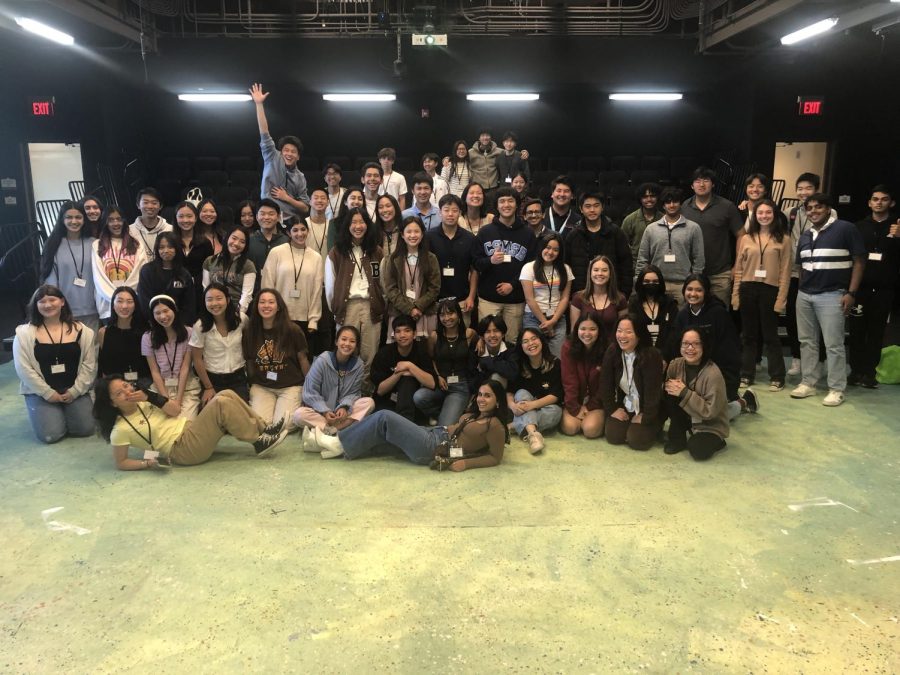
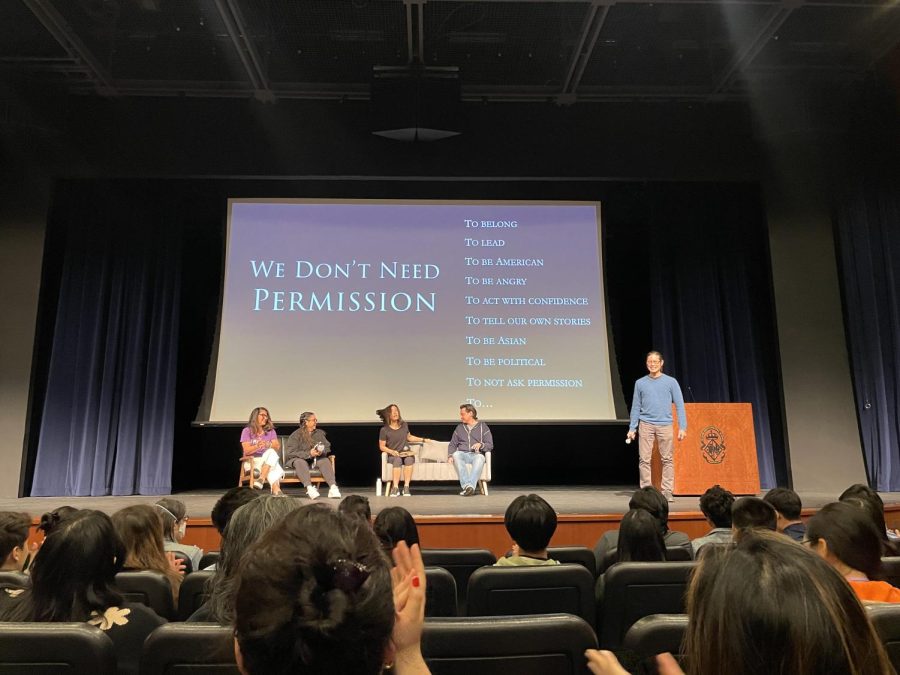


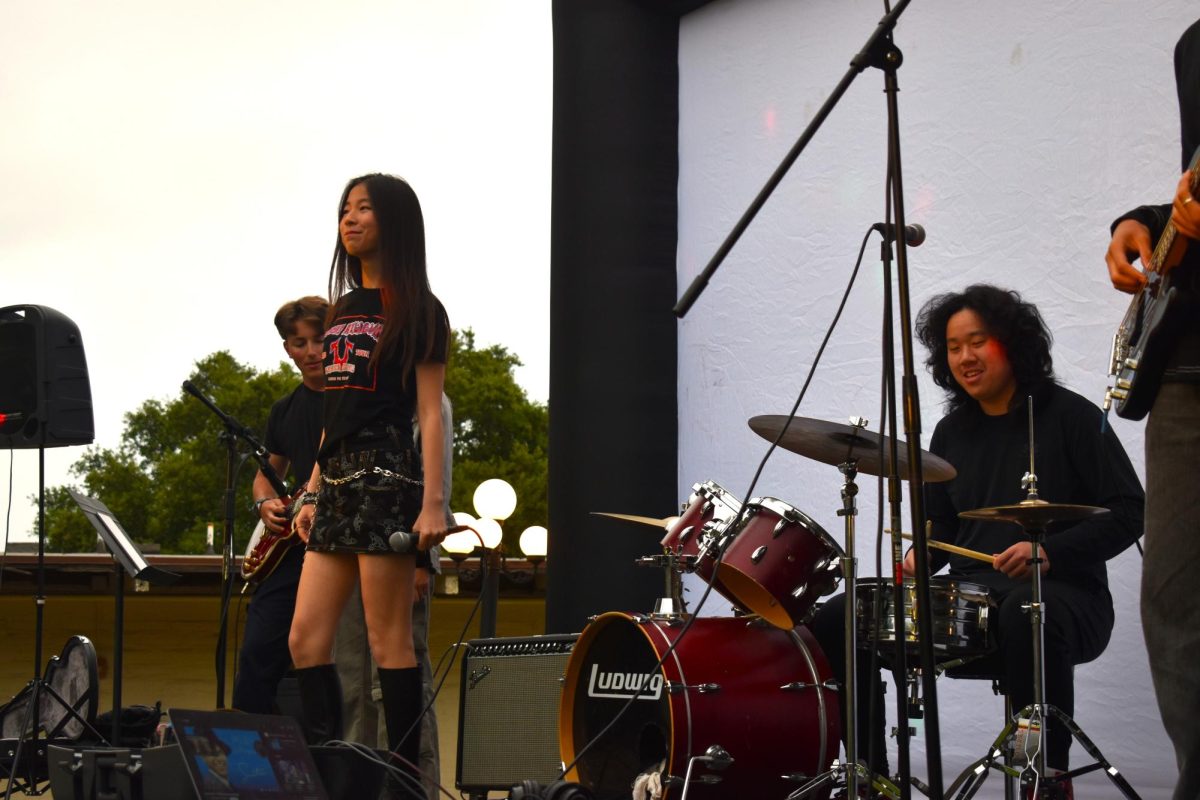



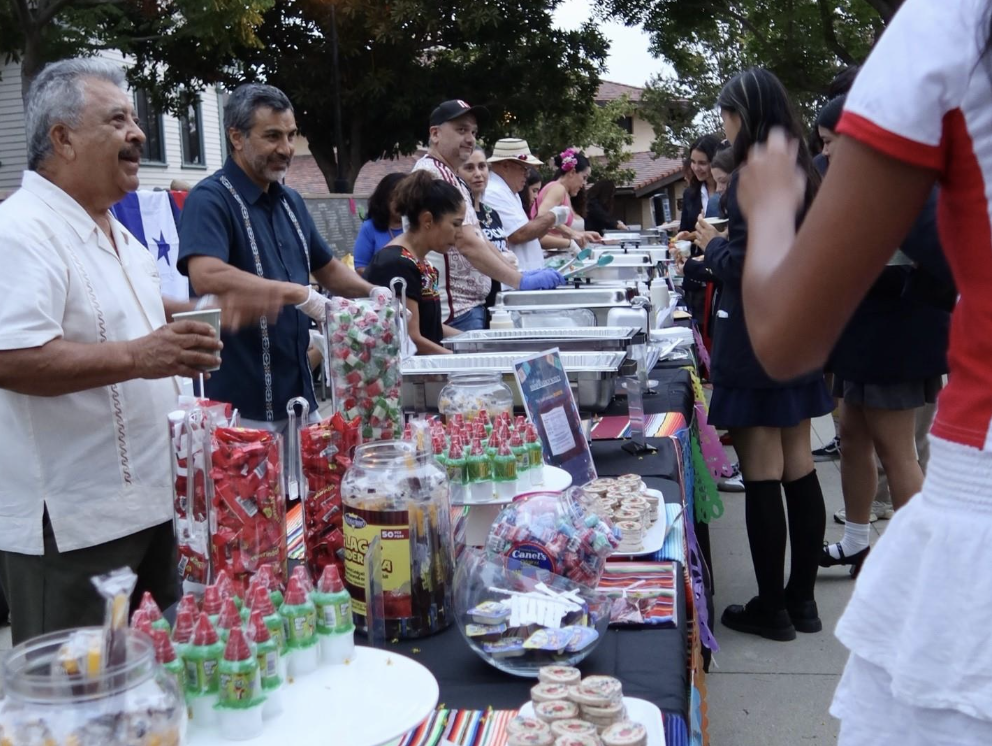





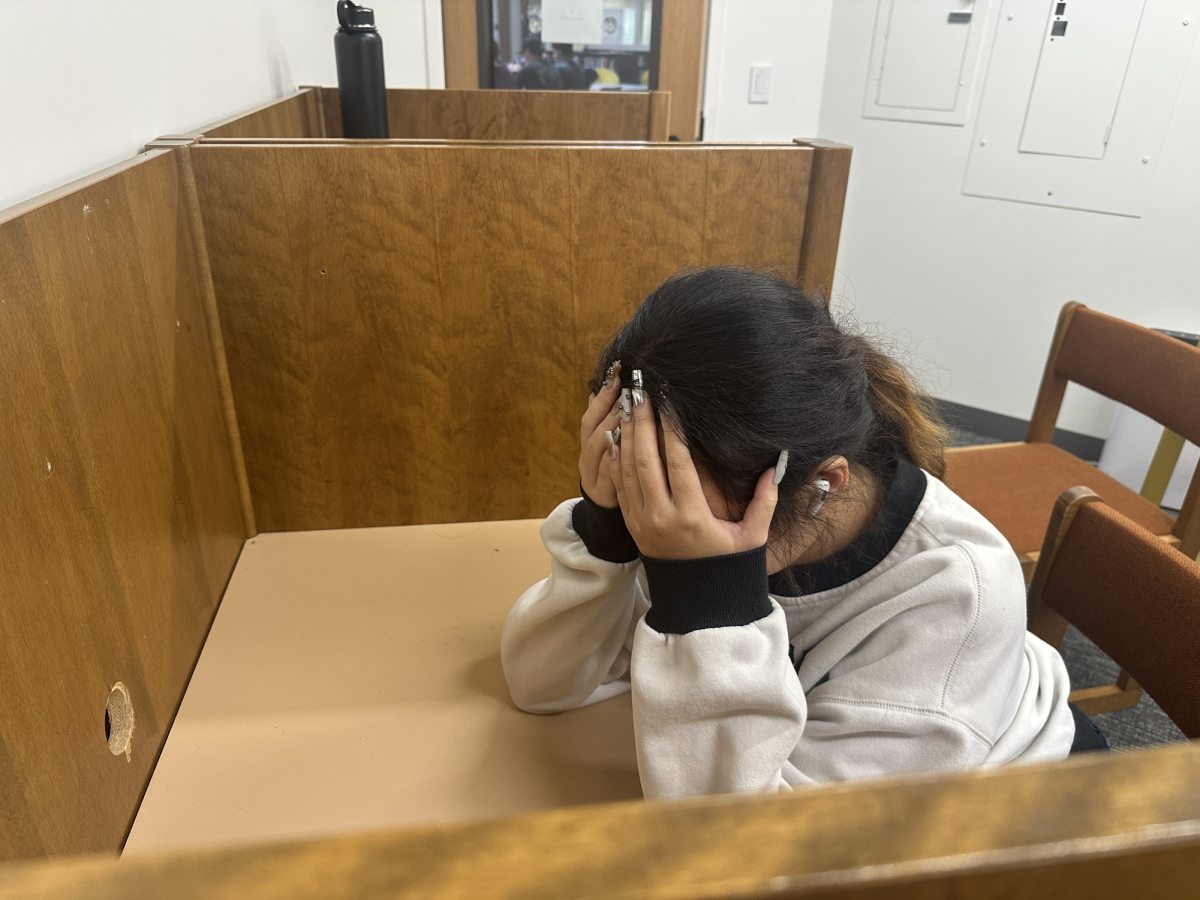

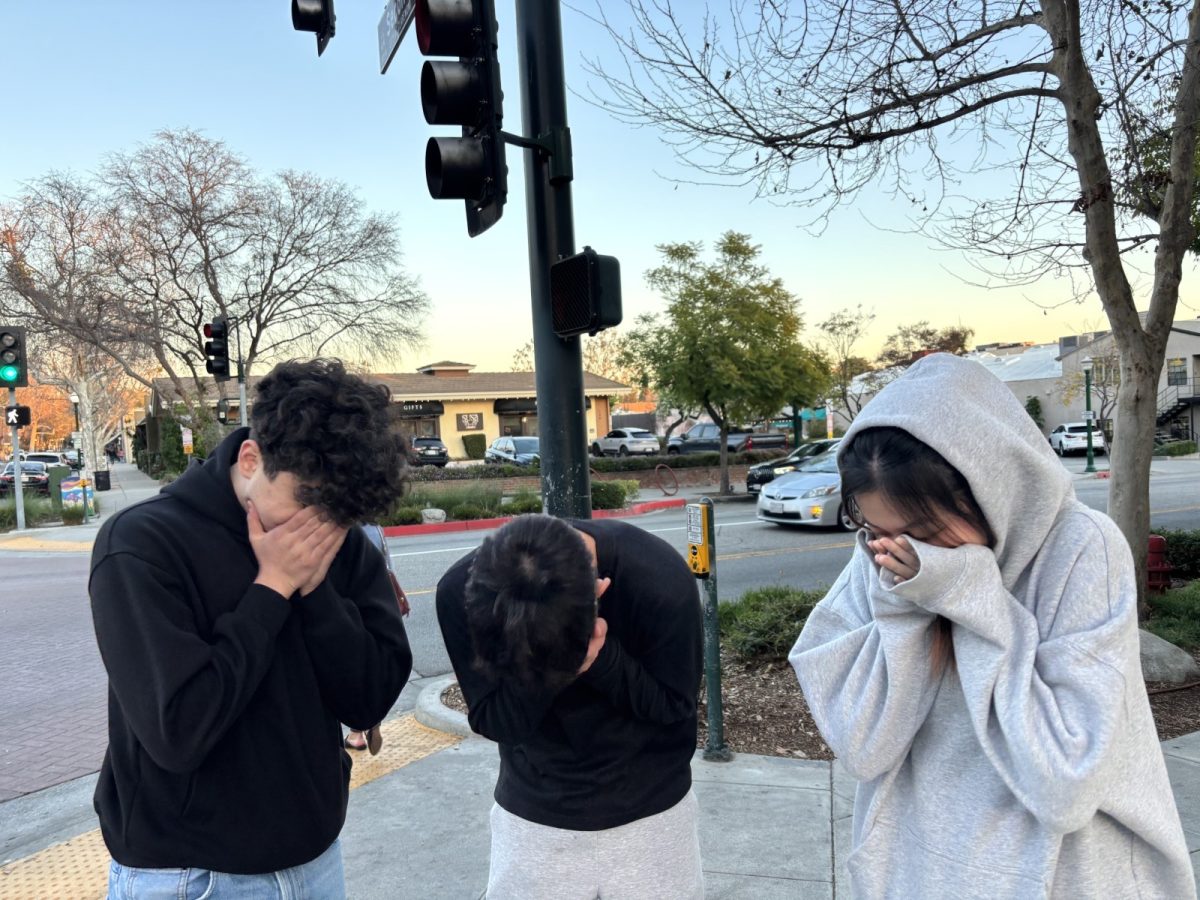
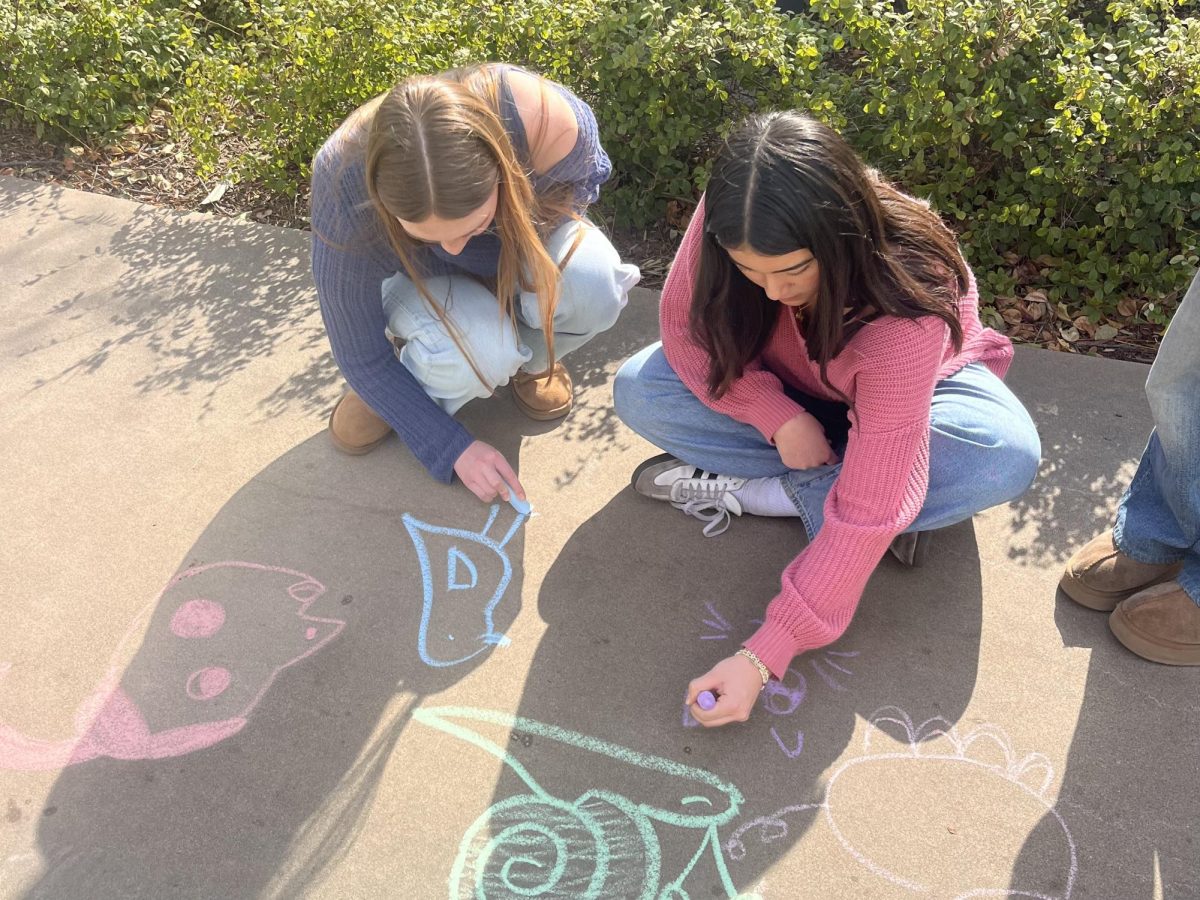
![Claire Yu (‘26), searching Jenn Tran on the internet, views endless articles about Jen’s personal, social, romantic, and television life. “I had never heard of her before but seeing that she is Asian American made me interested in [the] kind of contributions she made to pop culture,” Claire said. Scrolling through the internet, Claire is amazed at the impact that Jen has on reality TV. “It was cool searching about her as it’s rare for me to see this representation on TV,” she said.](https://webbcanyonchronicle.com/wp-content/uploads/2024/12/Morales-Webb-Students-Reflect-on-Media-Star-Jen-Tran-1200x861.jpg)
